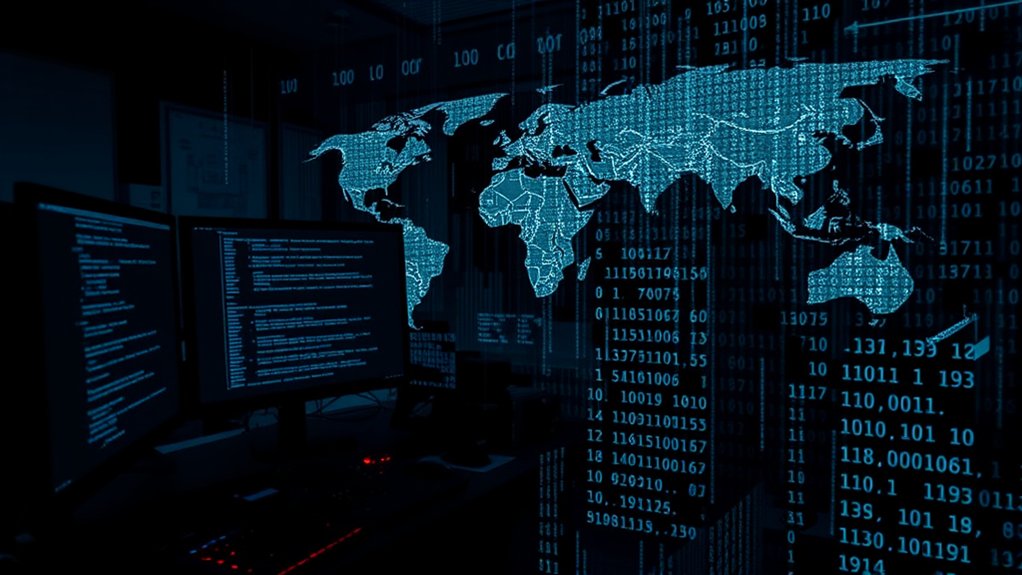As tensions escalated in the Middle East, Israel executed a series of airstrikes against Iran’s nuclear facilities on June 13, 2025, initiating what has been termed Operation Rising Lion. The Israeli strikes particularly targeted key nuclear sites at Natanz, Khondab, and Khorramabad, aiming to disrupt Iran’s nuclear ambitions conclusively. In addition to considerable damage to these facilities, the operation resulted in the deaths of senior Iranian military leaders, including Mohammad Bagheri and Hossein Salami, raising alarms about potential retaliation.
The airstrikes additionally impacted civilian structures, leading to casualties among non-combatants, which has sparked international condemnation and heightened fears of a cycle of violence. Analysts warn that the Iranian government may respond with unconventional tactics, primarily through cyber warfare, as their conventional military responses could be greatly diminished following the strikes. Iranian air defenses were activated in response to the strikes, indicating a heightened state of alert. Furthermore, recent history shows that Iranian retaliation may often include activating proxy groups to conduct strategic attacks in multiple theaters.
Civilian casualties from the airstrikes have ignited international outrage and fears of escalating retaliatory cyber warfare from Iran.
Iran’s historical engagement in cyber operations suggests a looming threat not only to Israel but likewise to American and global entities. Both countries possess advanced cyber capabilities, and experts anticipate that Iran might resort to tactics such as distributed denial-of-service attacks (DDoS) to incapacitate various systems temporarily. Cybersecurity experts estimate that zero-day vulnerabilities could be particularly devastating in this conflict, as they leave systems exposed to unknown threats before patches can be developed.
More severe options, including destructive wiper attacks, are also possible, aimed at causing widespread disruption and data loss. The potential ramifications extend beyond regional stability; global infrastructure is at risk of substantial vulnerabilities.
Key sectors, such as energy and finance, may find themselves under threat from coordinated cyber assaults. The international community remains on high alert, understanding the precarious balance between military actions and cyber retaliation.
Concurrently, Israel’s strong cyber defenses, bolstered by strategic international alliances, seek to mitigate these threats. By leveraging offensive cyber operations and intelligence sharing, Israel aims to counteract Iranian cyber capabilities effectively.
This emerging conflict illustrates the hybrid nature of modern warfare, intertwining traditional military prowess with the escalating importance of cybersecurity, finally reshaping the terrain of global security.









